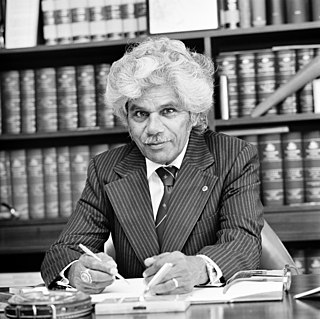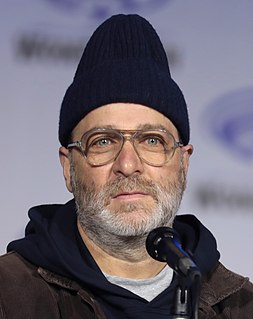A Quote by Glenn Ligon
Throughout African-American literature, the writer has, in a sense, been burdened by the necessity of pleading the case for the whole race. For example, writers of slave narratives tend to lose their individual voices, as they were expected to stand in for all other voices, which were absent.
Related Quotes
Oh, I love labels, as long as they are numerous. I'm an American writer. I'm a Nigerian writer. I'm a Nigerian American writer. I'm an African writer. I'm a Yoruba writer. I'm an African American writer. I'm a writer who's been strongly influenced by European precedents. I'm a writer who feels very close to literary practice in India - which I go to quite often - and to writers over there.
Historically, women's voices were central to food narratives, yet they were marginalized, and what happened at the table, the kitchen, the garden, and the fields was silenced. I'm very interested in how food appears in the historical record and animates our understanding of the South. It provides texture both to the past and to our contemporary experience. My work is not about discovering new voices, but rather it encourages voices that have been silenced to come forward and speak a little louder.
As they were leading me up, I looked up and around the galleries and I could feel the whole Aboriginal race, of those who had gone before, were all up there, and I could visualise, I could hear voices and amongst those voices was the voice of my grandfather saying, 'It's alright now boy, you are finally in the council with the Australian Elders. Everything is now going to be alright.'
Back in the autumn I had awakened to a growing darkness and cacophony, as if something in the depths were crying out. A whole chorus of voices. Orphaned voices. They seemed to speak for all the unlived parts of me, and they came with a force and dazzle that I couldn't contain. They seemed to explode the boundaries of my existence. I know now that they were the clamor of a new self struggling to be born.
And I like a good horror story as much as the next person so long as they kill off some men too and not just girls. But the voices Joan heard were real. There’s clear and substantiated proof they were real. She won battles that would otherwise have been lost because of what those voices told her in advance of them allowing the French generals to strategize in ways completely different than they did before Joan came along. People’s lives were saved because of what those voices told her.
Voice actors I used to know who were starting out in comedy were guys who did a lot of voices. They were usually comedy actors who developed their comedy by doing tons of impressions and voices that were usually very funny. And I never did any of that, so that's, I guess, why I don't consider myself a voice actor.







































